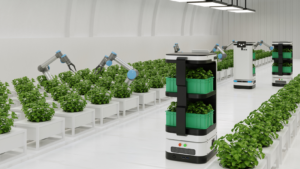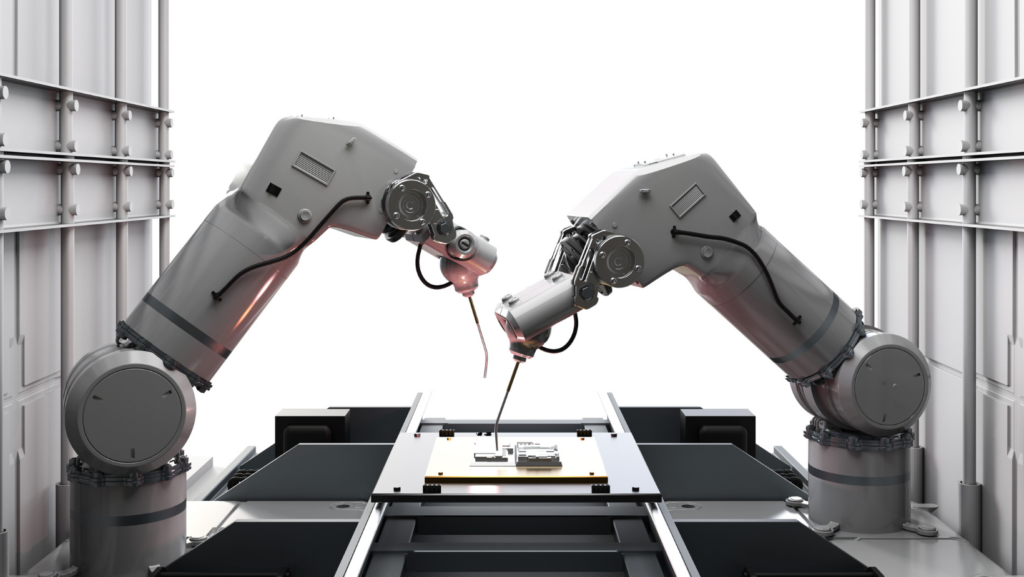In today’s fast-paced digital world, IT automation is transforming how businesses operate, creating a surge in demand for skilled professionals. As companies strive to enhance efficiency and reduce manual tasks, automation technologies are becoming indispensable. This shift is opening up a plethora of job opportunities in the IT sector, making it an exciting field for tech enthusiasts and professionals alike.
IT automation jobs are not just about coding; they encompass a variety of roles, from system administrators to DevOps engineers, all focused on streamlining processes and optimizing performance. These positions require a blend of technical expertise and innovative thinking, offering a dynamic and rewarding career path. As organizations continue to adopt automation to stay competitive, the demand for skilled IT automation professionals is expected to grow, making it a promising area for career development.
IT Automation Jobs

IT automation jobs play a critical role in enhancing business operations. These positions focus on automating and optimizing tasks, enabling organizations to improve efficiency. Key roles include automation engineers, who design processes to automate repetitive tasks, and system administrators, who manage automated systems and ensure their smooth operation.
In addition to technical roles, IT automation jobs also encompass positions like DevOps engineers. They bridge the gap between software development and IT operations by deploying and managing automation tools. Their objective is to streamline processes and reduce deployment times, thus fostering innovation.
Key Roles In IT Automation
IT automation jobs encompasses various critical roles crucial for optimizing business operations and boosting productivity. Several key positions stand out in this evolving landscape.
Automation Engineer
An automation engineer focuses on designing, implementing, and monitoring automated systems within IT, ensuring streamlined operations. They utilize tools like Python and Ansible to write scripts that automate repetitive tasks, significantly reducing manual workload. Their work enhances system reliability and efficiency.
DevOps Specialist
A DevOps specialist bridges development and operations to accelerate software delivery and enhance collaboration. They automate infrastructure and deployment processes using Jenkins and other CI/CD tools. By refining continuous integration pipelines, they ensure quicker and more reliable software releases.
System Administrator
A system administrator manages IT environments to ensure stability and performance. They play a pivotal role in implementing automation solutions for routine system maintenance tasks. By leveraging tools like Ansible, they automate server management and oversee network configurations.
Essential Skills For IT Automation Professionals

IT automation professionals possess a varied skill set that includes technical expertise and strategic problem-solving capabilities. Essential skills in programming, software tools, and problem-solving are mandatory for these professionals.
Programming Languages
Proficiency in programming languages is fundamental for IT automation. Professionals often use Python due to its versatility and wide library support. Additionally, knowledge of JavaScript facilitates the automation of web processes, while Ruby is useful for scripting and deploying infrastructure. Each language enables different aspects of automation, catering to diverse technical needs.
Software Tools And Platforms
Familiarity with software tools and platforms streamlines automation processes. Jenkins aids in continuous integration and delivery (CI/CD), increasing deployment frequencies. Ansible and Puppet manage configuration and automation across systems, enhancing consistency. Additionally, Docker allows containerization, ensuring applications run smoothly across varied environments. Expertise in these tools increases efficiency in automated workflows.
Problem-Solving Skills
Problem-solving skills underpin successful IT automation. Professionals identify inefficiencies and design processes to resolve them. They must analyze technical issues critically, devise innovative solutions, and adapt quickly to changing environments. Strong analytical abilities and creative thinking complement technical knowledge, resulting in improved system performance and innovation.
Benefits Of Pursuing A Career In IT Automation

Pursuing a career in IT automation offers several advantages. Job security increases as demand for automation professionals grows in various industries worldwide. According to the US Bureau of Labor Statistics, employment in computer and information technology occupations is projected to grow 11% from 2019 to 2029, highlighting the stable nature of this field.
Competitive salaries are common in IT automation careers. Automation engineers, for example, earn an average annual salary of around $86,000 according to Payscale, with extensive experience and expertise leading to higher earnings. These attractive compensation packages reflect the value skilled professionals bring to companies seeking to enhance operational efficiency.



